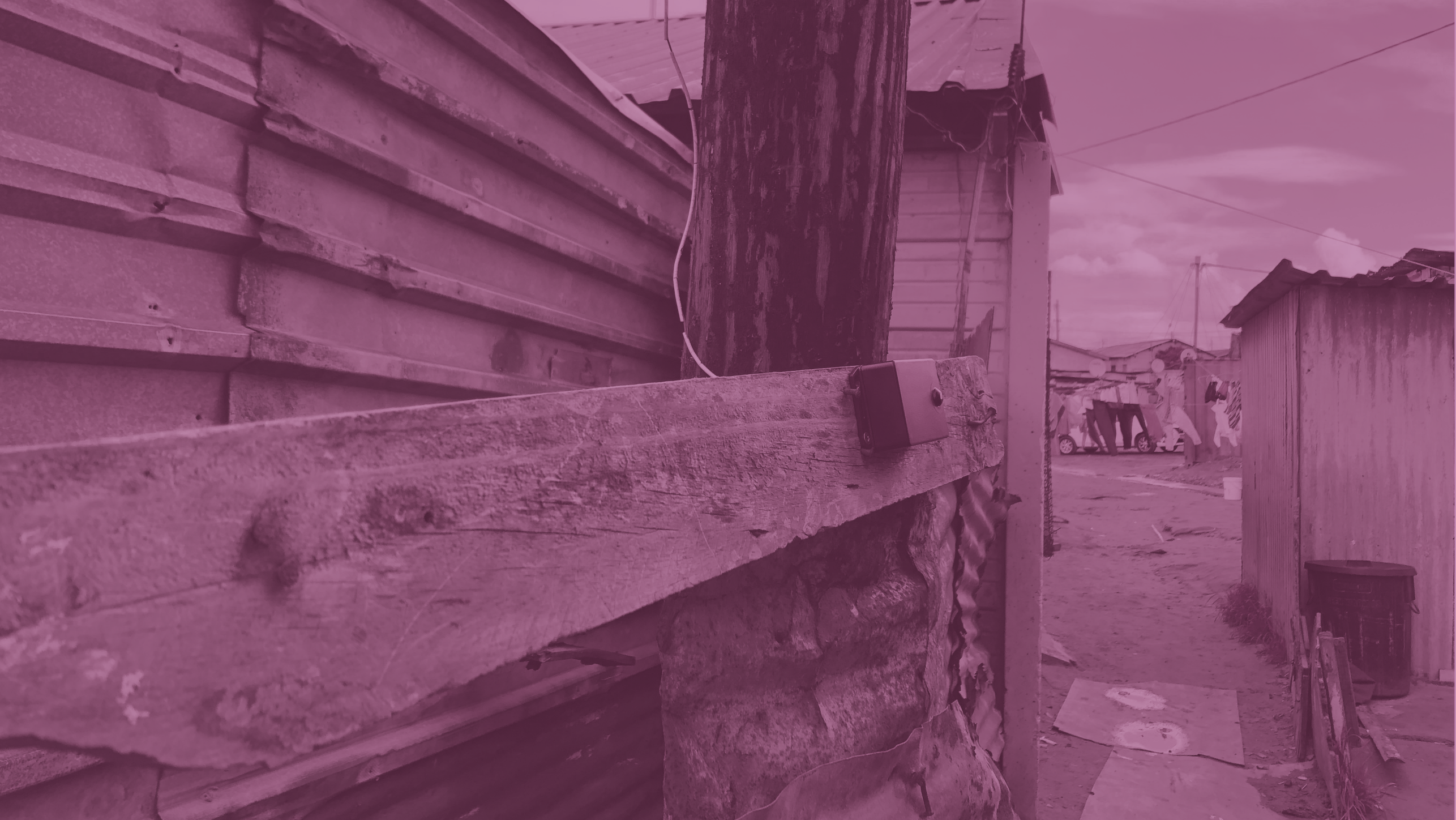Sensors for Social Science Research

In the first research project on this topic, we use sensors developed by ETH spinoff, Bonsai Systems, to study solar light adoption and use patterns in rural, Western Kenya. We find that study participants used the solar lights quite a lot — about four hours per day. Comparing sensor data to survey data about daily light use, we find that although survey data has considerable measurement errors at the individual level, self-reported use does not differ from sensor measurements on average. In addition, households that used the light a lot tended to underreport, while households that used it little tended to overreport — a pattern known as mean-reverting measurement error.
In the second project, we use motion sensors developed by Sensen to study nighttime activity in one informal settlement in Cape Town, South Africa. Not only did we document pedestrian mobility patterns in the neighborhood, but we also studied how pedestrian activity changed in response to the COVID-19 lockdown in South Africa, which had one of the strictest lockdowns in the world during the first pandemic wave. Despite competing concerns that, one the one hand, lockdowns would not protect residents of informal settlements given the high density, prevalence of shared sanitation infrastructure, and low-income status of most residents in these neighborhoods and, on the other hand, that people living in informal settlements were flouting rules (sensationalized by the media), the sensor data reveals that nighttime activity decreased a lot — 40% in paths and nearly 60% in shared courtyards, called compounds.
Activity levels stayed low through the first month of lockdown. Reductions were primarily driven by less activity during commute hours and on Saturday and Sunday nights, suggesting people both commuted and socialized less. Though it is impossible to completely curtail outdoor activity in an informal settlement, we find residents did appear to stay indoors more at night, in line with lockdown rules.
Although sensors are not without their limitations, these studies provide insight into how sensors can be used to check for or overcome measurement challenges in social science research focused on a wide range of human activities going forward.
Researchers: Yael Borofsky, Isabel Günther
Alumni: Adina Rom
Publications
Borofsky, Y., Briers, S., Günther, I., 2024, external page An Empirical Test of Pedestrian Activity Theories Within Informal Settlements. Urban Planning, Volume 9.
Borofsky, Y. Günther, I., 2022, external page Mobility in informal settlements during a public lockdown: A case study in South Africa. PLOS, Volume 17.
Rom, A., Günther, I. and Borofsky, Y., 2020, external page Using sensors to measure technology adoption in the social sciences. Development Engineering, Volume 5.